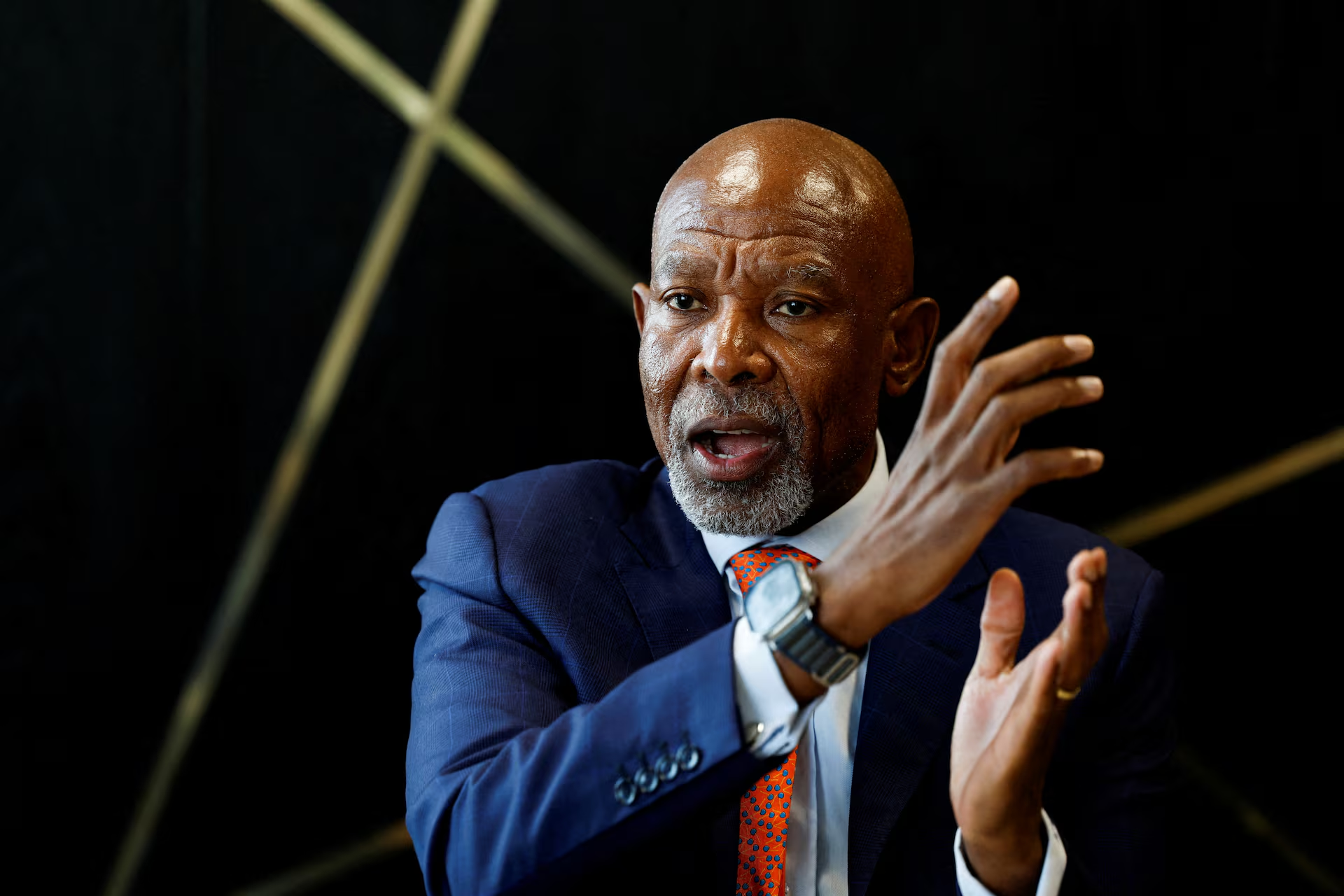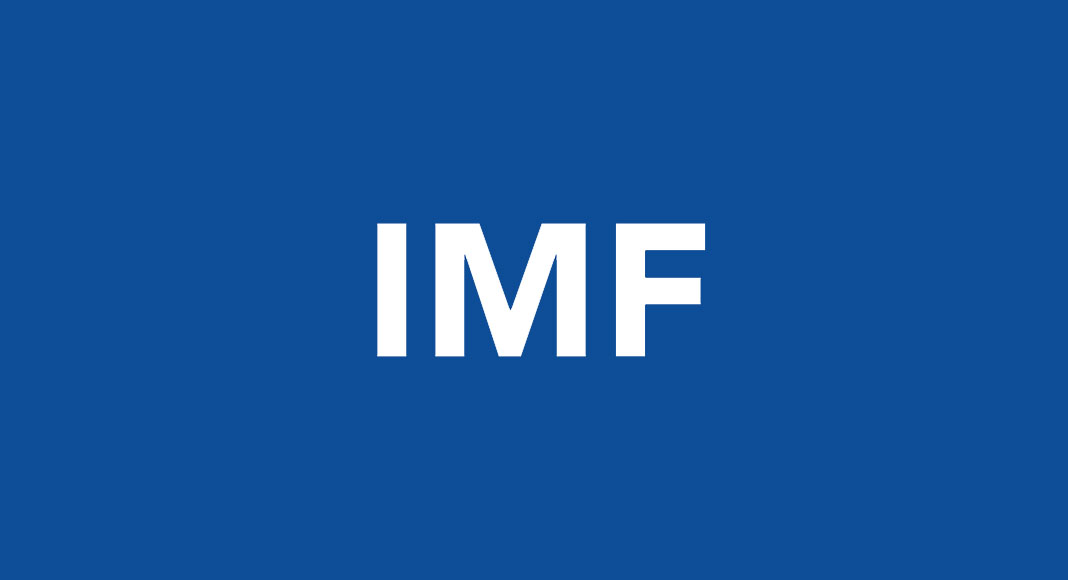Sudan and Eritrea Forge Economic Alliance with Ambitious Joint Projects


Quidah is an online platform that connects investors with curated opportunities and expert insights on Africa’s emerging markets, while offering businesses promotional services, partnership facilitation, and market intelligence to attract capital and grow their operations.
Industries
Sudan and Eritrea have signed a broad cooperation agreement in which they will establish a bilateral economic body tasked with coordinating major joint ventures spanning marine fisheries, gold and oil refineries, and mineral development. The accord followed a two-day visit by Sudan’s Prime Minister to Asmara, and President Isaias Afwerki welcomed the expanded collaboration. The agreement also reactivates a joint political committee and envisions deeper strategic alignment as Sudan seeks regional reintegration.
Among the announced ventures is a plan to boost marine fisheries in the Red Sea, tapping aquatic resources alongside rehabilitating coastal infrastructure. In the mining domain, both nations intend to cooperate on refining capabilities—moving beyond extraction to processing of minerals and possibly oil. Sudan leveraged this moment to emphasize its desire to reengage with continental bodies, including the African Union, aligning its diplomatic ambitions with the economic pact.
An interesting dimension of the agreement is the security and intelligence cooperation, which strengthens the environment in which economic projects may be undertaken. With conflict and instability common risks in this region, embedding security cooperation can serve as a foundational pillar for attracting capital confidence.
When looking at the implications for investors, the alliance between Sudan and Eritrea could redefine how projects are structured in conflict-adjacent Africa. Stakeholders with experience in infrastructure, energy, maritime logistics, mineral processing, or coastal economy development may find early access to concessions or co-development opportunities. Because the agreement includes shared governance frameworks and new economic bodies, firms that bring technical capacity, risk mitigation expertise, and collaborative models may gain preferential access. Infrastructure financiers, marine and port operators, industrial refiners, and supply chain integrators are among those best placed to benefit if they engage early and align with the evolving regional agenda.


